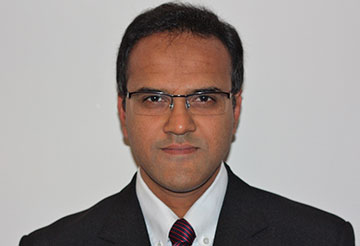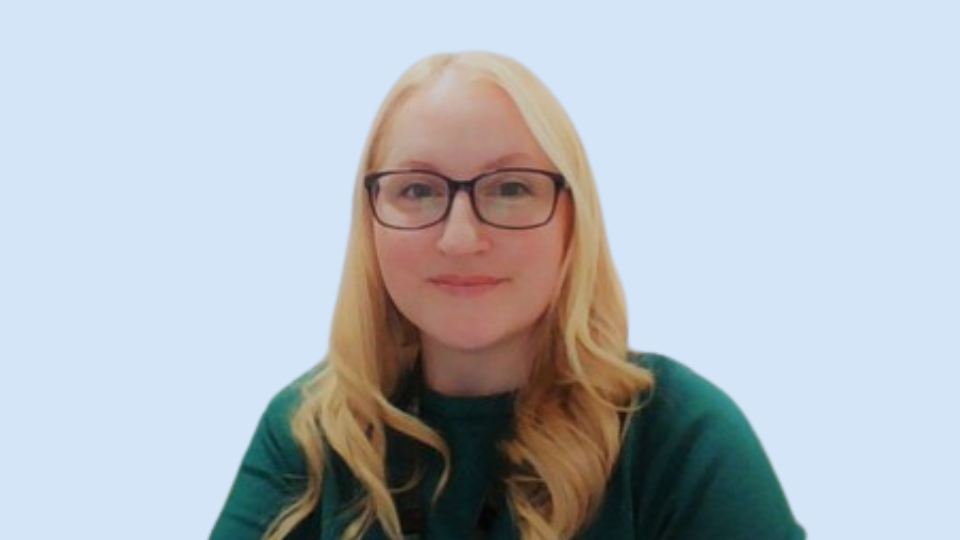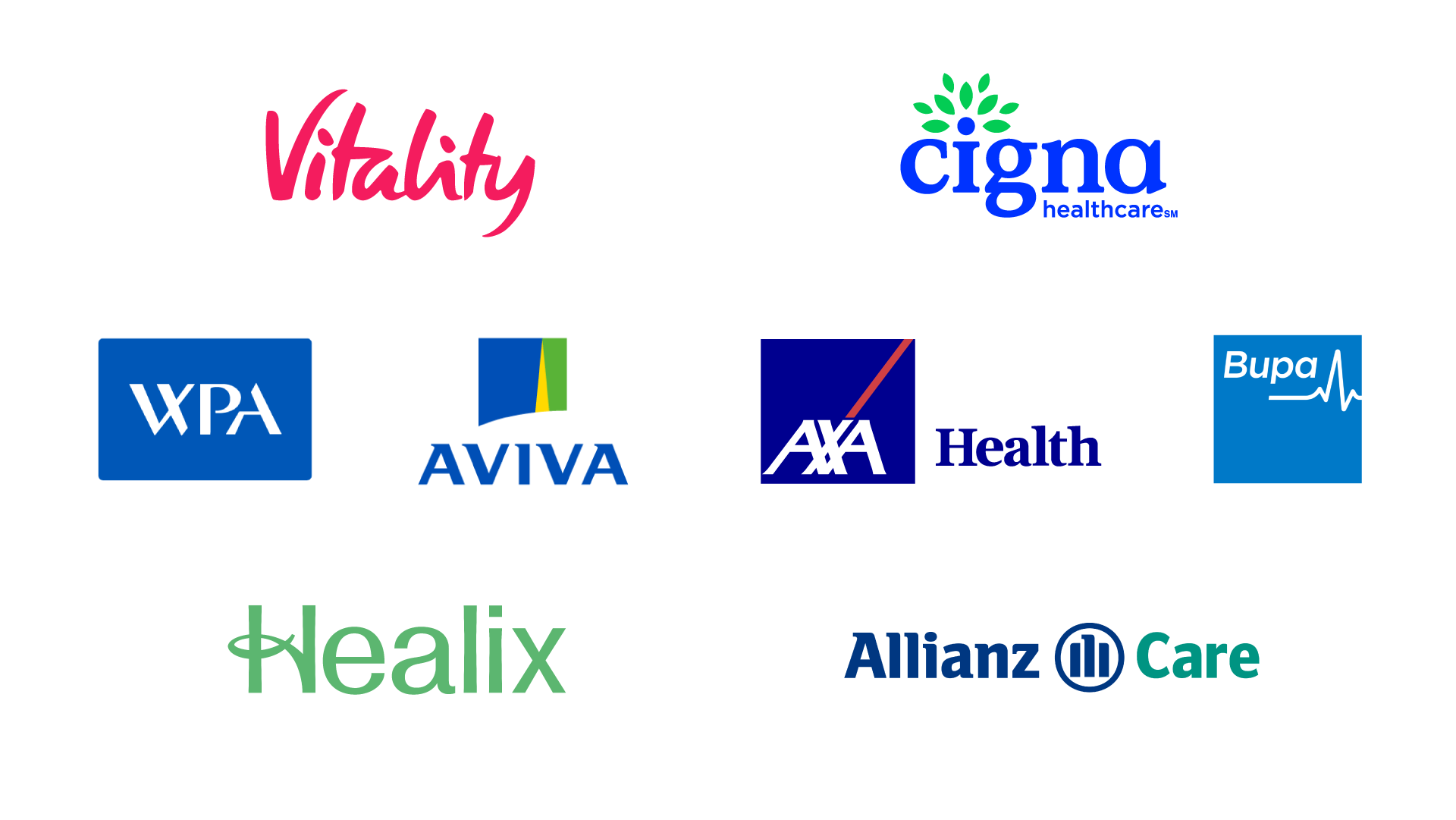Priory Hospital Chelmsford - alcohol rehab and mental health treatment in Essex
- Evidence-based treatment
- A team of experts
- Online and face-to-face appointments
- Mental health assessment from just £49
Chelmsford is one of the UK’s leading treatment centres and is rated by former patients for its excellence, dedication and commitment, as well as producing outstanding treatment outcomes.
The hospital first opened in 1992 and since then, has established an excellent reputation for providing fast access to high quality treatment for a range of addictions as well as treatment for mental health difficulties. We offer private autism assessments for adults and children, as well as attention deficit hyperactivity disorder (ADHD) assessments for young people. We also have a dedicated young people's mental health inpatient service - Willow Ward, which provides expert care in a supportive environment.
Chelmer Ward and The Lodge are private general psychiatry and addiction treatment facilities. We offer support to people in crisis with mental health issues, such as psychosis, mood disorders, personality disorders, anxiety and trauma. The ward has a multidisciplinary team consisting of experienced consultant psychiatrists, specialty doctors, mental health nurses and therapists, who provide person-centred care, in collaboration with the patient, to allow them to maximise their recovery journey.
Click here to enable this content
At Priory Hospital Chelmsford, we can treat a range of mental health conditions including:
We also provide high quality therapy to people struggling with gender issues, low self-esteem, and those with a personality disorder diagnosis.
Without expert mental health treatment and therapy, it’s unlikely that your mental health problems will go away on their own; they can continue to have a detrimental impact on your life, and cause a range of long term problems. If you think that you or someone you know is struggling with their mental health, it’s important to understand that these conditions are treatable, and the most crucial first step is to get help. At Chelmsford, our highly trained team are committed to providing you with every resource you need, enabling you to tackle your mental health challenges within a compassionate and highly supportive environment, and return to a positive way of life.
Chelmsford offers addiction treatment in a dedicated building on-site, known as The Lodge. Here, the emphasis is on total commitment to your programme of recovery, in a safe and supportive environment.
Our flexible and patient-centred addiction treatment programmes have been developed by our expert team of psychiatrists, addiction psychologists, addiction therapists and mental health nurses. We work in close collaboration with you, while drawing upon all of the available specialists in our team. This approach ensures that treatment produces the most positive outcomes for you as an individual.
We also deliver specialist treatment to the LGBTQIA+ community, who are struggling with addiction and recovery issues.
Below is a list of the addiction treatment services available at Priory Chelmsford.
To read more about Priory’s full range of addiction treatment services, including our online services, please click here.
Transform 28 is Priory’s most comprehensive inpatient addiction treatment programme.
At Priory, we offer this structured 28-day programme to help you take meaningful steps towards recovery in a safe and supportive environment. You’ll receive a medically assisted detox, if needed, and take part in regular one-to-one and group therapy sessions. You’ll also be supported by a consultant psychiatrist and have access to a range of holistic wellbeing activities, while you’re with us, designed to support both your mental and physical health.
We also provide family support throughout your stay, and once you leave, you’ll benefit from 12 months of free aftercare to help you maintain your progress and stay connected.
Foundations 16 is Priory’s blended inpatient detox and day care addiction treatment programme.
At Priory, we offer this structured 4-week programme to support your recovery through a combination of inpatient support and group-based day care sessions. Your treatment begins with a 7 to 10-day medically assisted detox in a safe and supportive environment, followed by 9 structured day care sessions designed to help you develop practical strategies for long-term recovery.
You’ll be supported by experienced therapists and benefit from specialist psychological input, weekly family support sessions, and 12 months of free aftercare to help you stay connected and maintain progress after your stay.
Reset 7/10 is Priory’s medically assisted detox programme.
Taking place over 7 to 10 days, depending on your individual needs, this inpatient programme is designed to help you safely withdraw from alcohol or drugs, with specialist support to manage withdrawal symptoms and keep you as comfortable as possible.
At Priory, detox takes place in a dedicated, therapeutic environment under the care of our experienced team. You'll receive continuous monitoring and personalised care to support your physical and emotional wellbeing throughout.
This focused, short-term stay helps to stabilise your health and prepare you for the next stage of your recovery.
Anchor 1:1 is Priory’s flexible outpatient addiction therapy programme.
At Priory, we offer one-to-one outpatient therapy sessions designed to help you manage the thoughts, emotions and behaviours linked to addiction. This personalised support gives you the space to explore challenges, build healthy coping strategies and work towards long-term recovery.
Sessions are usually delivered once a week and can take place either online or face-to-face – depending on what works best for you. With a format that fits around your life, Anchor 1:1 is ideal for people seeking ongoing support without a residential stay, or for anyone stepping down from more intensive treatment who would benefit from continued therapeutic input.
Our dedicated child and adolescent mental health services (CAMHS) inpatient provision – Willow Ward – supports up to 12 young people, offering expert, compassionate care within a safe and supportive environment.
The service provides evidence-based treatment for 12 to 17-year-olds through flexible, person-centred programmes, delivered in surroundings designed specifically with young people in mind.
Each young person receives a tailored therapy plan built around their individual needs, circumstances, and goals, ensuring the care they receive is both person-centred and highly effective.
Our CAMHS inpatient service has been created specifically for young people who may be experiencing:
We also offer assessments for attention deficit hyperactivity disorder (ADHD) and autism, with tailored one-to-one therapy available after diagnosis.
Willow Ward has been carefully designed to offer a calm, welcoming and therapeutic environment for young people receiving inpatient care. We understand how important surroundings are in supporting recovery, and our modern facilities provide a safe and nurturing space where each young person can focus on their wellbeing and personal growth.
Our young people’s inpatient service includes:
Our experienced clinicians deliver a wide range of evidence-based therapies, offered through both individual and group sessions. Depending on each young person’s needs, therapy can take place face-to-face or remotely via secure online platforms, ensuring flexible access to care.
Our multidisciplinary team brings together a wide range of professionals, including psychiatrists, psychologists, nurses, occupational therapists, a social worker and a family therapist. They work alongside assistant practitioners and specialist therapists to ensure that each person receives care tailored to their specific needs, supported by our dedicated nursing and medical teams who provide co-ordinated, holistic care.
Using a holistic bio-psycho-social model, we focus on the whole person – their mental, emotional and social wellbeing – to create a truly rounded recovery experience. Every treatment plan is structured around clear goals, guided by thorough assessment and tailored to the individual to ensure the best possible outcomes.
Therapies available at Willow Ward include:
Core therapeutic interventions include:
At Willow Ward, our goal is to combine expert clinical treatment with a compassionate, age-appropriate environment – helping young people regain stability, build resilience and move forward with hope and confidence.
Alongside therapeutic treatment, young people at Priory Hospital Chelmsford have access to high-quality on-site education. Our dedicated teaching team understand the challenges that can come with learning during recovery and provide a nurturing, structured environment where each young person can continue their studies with confidence.
Lessons are delivered in small, supportive groups and are tailored to individual abilities and needs, helping students maintain academic progress while also developing key life skills and self-belief.
Key features of our education provision:
Our flexible treatment programmes include outpatient therapy and day care, which are designed to fit around your existing commitments, as well as inpatient (residential) treatment, for those who need more intensive, ongoing support.
Our sites nationwide offer a range of facilities and environments, but all offer the level of expertise and support you'd expect from Priory. To find out about our treatment programmes, you can use the links below:
At Chelmsford, our experts have a wealth of experience in delivering a wide range of therapy services, including:
Part of our specialist provision at Chelmsford is The Stables Therapy Centre, where we provide individual therapy using a variety of methods. These are all consistent with National Institute for Health and Care Excellence (NICE) guidelines for therapeutic interventions.
These include:
Referrals to our therapy centre are either via a consultant psychiatrist or self-referral, usually via a GP. We can treat adults and young people and everyone is offered an initial assessment to explore their needs and the benefits of therapy, before therapy commences.
All our therapists are either accredited or working towards accreditation with a recognised regulatory body, such as the British Association for Behavioural and Cognitive Psychotherapies (BABCP) or the British Association for Counselling and Psychotherapy (BACP).
At Priory Hospital Chelmsford, our team of highly qualified psychiatrists and therapists are dedicated to providing exceptional care and personalised treatment plans for a range of conditions, including depression, anxiety, and addiction, ensuring the best possible outcomes for our patients.




Here, you will find some commonly asked questions about Priory Hospital Chelmsford.
If you're receiving inpatient treatment with us, we'll encourage you to keep in touch with your loved ones during your recovery.
Visiting hours are permitted in the week and on weekends, but this is something your ward staff can discuss with you on arrival.
Family, friends and children are allowed to visit you, but we ask that they remain respectful of others in the hospital.
Yes, while you’re staying with us, you’ll have your own en-suite bedroom. The bedrooms come equipped with a TV, DVD player, a small safety deposit box and a nurse call button.
We have regular housekeeping, as well as a common room with a TV, games, and a lounge area.
The cost of treatment can vary depending on the condition treated, the kind of treatment needed and for how long the condition needs to be treated.
There are lots of reasons why people may choose to pay privately to receive expert mental health treatment at Priory Hospital Chelmsford.
We are able to book appointments at a time that's convenient for you, and are committed to delivering excellent, high quality care with the most positive individual outcomes. For more information on how to commence with expert treatment at Chelmsford, contact us today on 0800 756 2805 or via email.
There are two ways you can pay to receive expert mental health and addiction treatment at Priory Hospital Chelmsford:
For more information on self-funding your treatment or using your private medical insurance to pay for our services, call us today on 0800 787 0510 or visit our fees and funding page.
Our specialist team at Priory Hospital Chelmsford comprises:
While you're with us, you'll be under the care of a consultant psychiatrist, who you’ll meet with regularly, and you’ll also be assigned a named nurse and an associate nurse.
When you arrive, you’ll have an initial assessment with a member of the nursing and medical team. This includes a mental health assessment and physical examination to identify whether you have any psychological/medical needs that may need monitoring during your stay. You’ll also be introduced to a member of the therapy team who will conduct a therapy assessment in order to determine which therapeutic programme will best meet your needs. You will also be given course materials which will outline the various therapeutic groups and activities that take place on a weekly basis.
Our team is committed to providing the best treatment to everyone we support, and we pride ourselves on placing patients at the heart of the treatment journey.
Priory’s customer service team is available 24 hours a day, 7 days a week to ensure peope can be signposted to the best possible support, as quickly as possible. For immediate crisis support, they may direct you to your local NHS facilities.
The specialist teams at our residential facilities can help to stabilise those in need of immediate assistance, including providing access to medically assisted detoxification for drug and alcohol addictions, where required. Call us today on: 0800 787 0484.
The treatment we deliver at Chelmsford is driven by robust clinical governance protocols, and we receive ongoing monitoring by our independent regulator, the Care Quality Commission (CQC).
Priory Hospital Chelmsford is located just outside Chelmsford town centre. We are 6 to 7-minute drive from the town centre or a 25-minute walk.
If you’re travelling from further afield, the train station is a 24-minute walk away and the bus station is approximately a 25-minute walk away. The 54 or 56 bus from the town centre will bring you nearby the hospital within 20 minutes.
From the surrounding areas, such as Basildon, Colchester, Burnham on Crouch and Billericay, buses and trains are available. There are some direct routes available, although some trains require changes at Shenfield.
There is also easy access from the A12, Stansted Airport, Central London, and close to excellent transport links to other neighbouring areas including Essex, Cambridgeshire, Suffolk and Norfolk

We are a registered and approved provider for all of the UK's leading private medical insurers. Many of the services we offer at Priory can be funded through private medical insurance. This includes:
All clients will have access to our highly skilled and accredited clinicians, many of whom are published experts in their fields of treatment. Whatever your requirements, we are committed to working with you to get your life back on track.